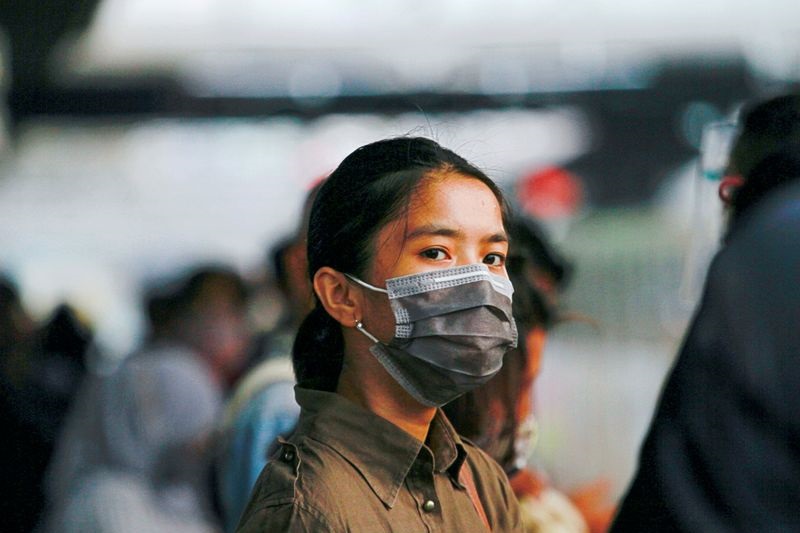SANTIAGO (Reuters) - The social and economic impacts of the coronavirus pandemic persist in Latin America and the Caribbean, as a "silent crisis" in the education sector puts an entire generation at risk, the United Nations' Economic Commission for the region (ECLAC) said on Thursday.
"The region is navigating a complex scenario of great uncertainty that is deepening the impacts of a prolonged social crisis, with a silent and devastating impact on education," ECLAC said in a new report.
The report, titled Social Panorama of Latin America and the Caribbean, Transforming Education as a Basis for Sustainable Development, warns the social impacts of the pandemic have not waned and the region has been unable to regain a path of growth, poverty reduction and inequality.
It underscores that the current scenario has been marked by uncertainty, high inflation, growing labor informality and precarious job recovery, forecasting that the region will grow 1.4% in 2023, down an expected 3.2% expected for 2022.
ECLAC estimated 45.4% of people under 18 are living in poverty in Latin America in 2022, some 13.3 percentage points above the average for the total population, with 18.5% of this age group thought to be living in extreme poverty.
The pandemic has vastly impacted the education sector, amounting to "a silent crisis, given that face-to-face education was interrupted for a very lengthy period" and since the immediate response did not address learning loss effects, pre-existing educational inequalities were deepened further," the report said.
The crisis, along with the critical deprivations faced by children and the risks of increased food insecurity, "jeopardizes the development and well-being of an entire generation of children, adolescents and young people and leaves a scar that undermines development opportunities in the region," it added.
Latin America and the Caribbean completely or partially interrupted face-to-face classes of 70 weeks between February 2020 and March 2022, far exceeding the world average of 21 weeks of full closure and 20 weeks of partial closures, ECLAC said. (This story has been refiled to fix a typo in the headline)
